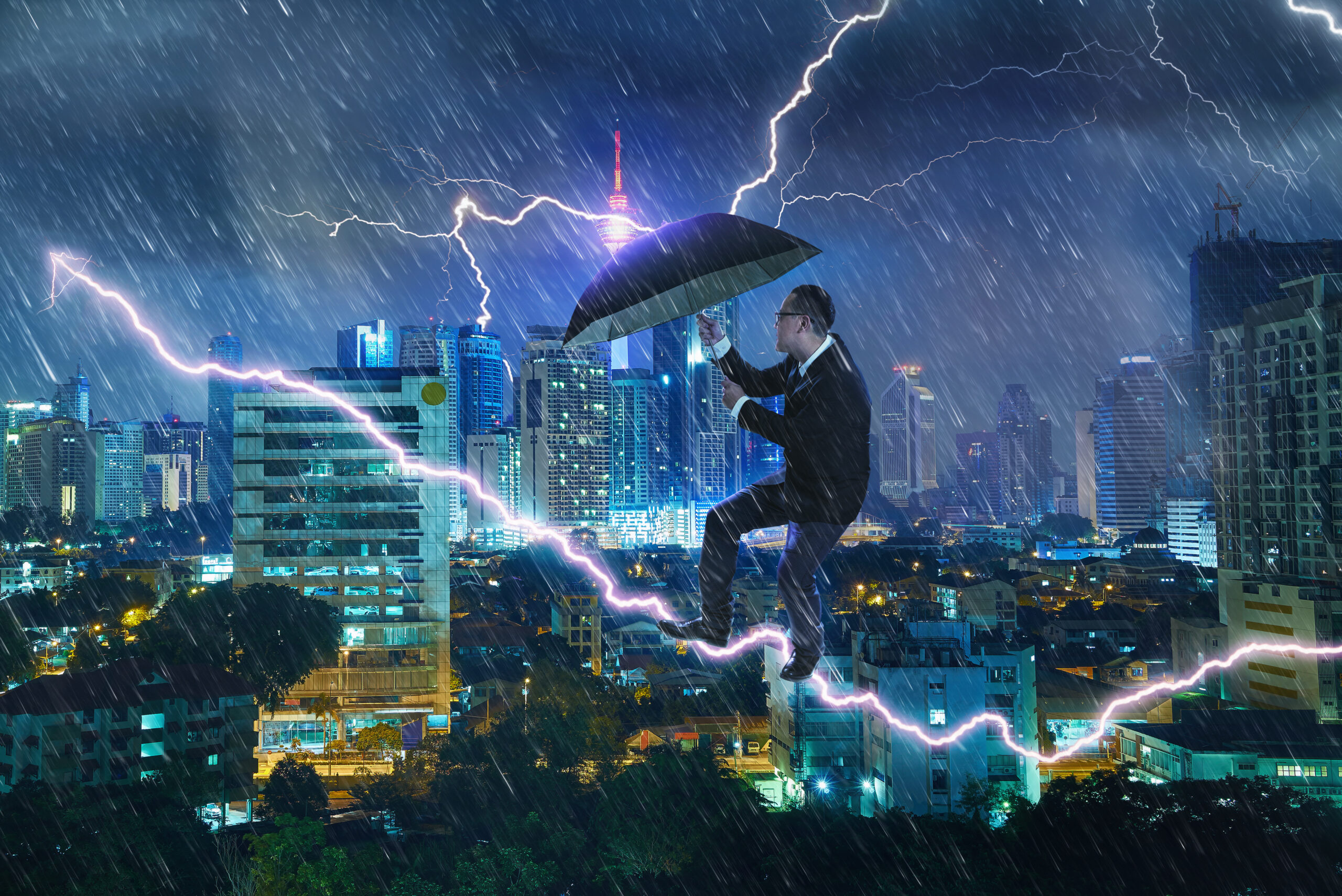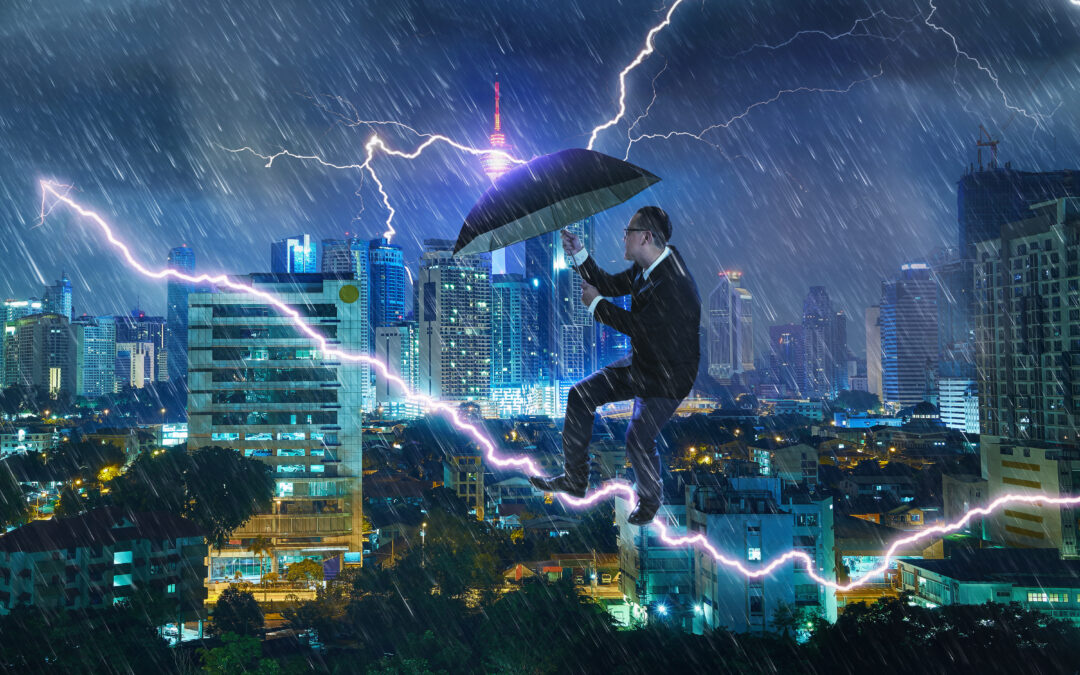Emergency preparedness is an essential aspect of ensuring your family’s safety and well-being in times of crisis. Being prepared can make all the difference when disaster strikes, as it allows you to respond quickly and effectively to any situation that may arise. In this blog post, we will discuss what emergency preparedness entails, why it’s important, and how you can ensure that you are ready for whatever life throws at you.
The Importance of Being Prepared
Emergencies can happen anywhere and at any time, which means that being prepared is critical. Whether it’s a natural disaster like a hurricane or earthquake, or a man-made crisis such as a terrorist attack or pandemic outbreak, having a plan in place can help keep you safe and reduce stress during difficult situations. By taking proactive steps towards emergency preparedness, you can minimize the impact of these events on yourself and those around you.
Creating an Emergency Kit
One of the most crucial aspects of emergency preparedness is creating an emergency kit. This should include supplies that will help you survive the first 72 hours of a crisis, as it may take up to three days before rescue teams arrive or services become available again. Some essentials to include in your emergency kit are non-perishable food items, water bottles, flashlights with extra batteries, first aid supplies, and communication devices like radios or walkie-talkies. It’s also a good idea to have cash on hand, as ATMs and credit card machines may not be working during a crisis.
First Aid and Medical Supplies
In addition to basic first aid supplies like bandages and antiseptic wipes, it’s recommended to have additional medical supplies in your emergency kit. These might include prescription medications, over-the-counter pain relievers, antihistamines, and insect repellent. If anyone in your household has specific medical needs, make sure to account for those in your preparation as well.
Water and Food Storage
It’s essential to have enough water and food stored away for the duration of a crisis. The general rule of thumb is to have one gallon of water per person per day, so make sure to stockpile accordingly. As for food, focus on non-perishable items that won’t spoil easily, such as canned goods, granola bars, and trail mix.
Shelter and Warmth
If you’re forced to evacuate during a crisis, make sure to bring appropriate clothing and shelter materials with you. This could include warm blankets, sleeping bags, and tarps for protection from the elements. Additionally, consider investing in a portable heater or camp stove to stay warm if necessary.

Communication and Contacts
During a crisis, communication can be challenging, but it’s vital to stay connected with loved ones and emergency response teams. Make sure to program important phone numbers into your cellphone, including local police and fire departments, as well as out-of-state contacts who can help coordinate assistance if needed. Social media platforms like Facebook and Twitter can also be useful for sharing information and updates.
Safety Tips During a Crisis
Staying safe during a crisis is paramount. Follow these tips to protect yourself and others:
1. Stay informed by monitoring news reports and social media channels.
2. Follow the instructions of emergency responders and law enforcement officials.
3. Evacuate immediately if instructed to do so. Don’t wait until the last minute.
4. Be careful when using candles or other open flames, as they can cause fires.
5. Use extreme caution when driving or walking outside, as there may be hazards like downed power lines or debris.
Practicing Your Plan
Finally, practicing your emergency plan is key to ensuring its effectiveness. Conduct regular drills with your family members to simulate different scenarios and test your responses. This way, everyone will know what to do in case of an actual emergency. Remember, being prepared isn’t just about having the right gear; it’s also about knowing how to use it efficiently and effectively.
Conclusion: Staying Vigilant
By following these guidelines, you can increase your chances of survival during a crisis. However, staying vigilant is equally important. Keep an eye on weather patterns and current events, and always have a backup plan in case your initial strategy fails. With proper planning and preparation, you can rest easy knowing that you and your loved ones are protected in even the most trying circumstances.




